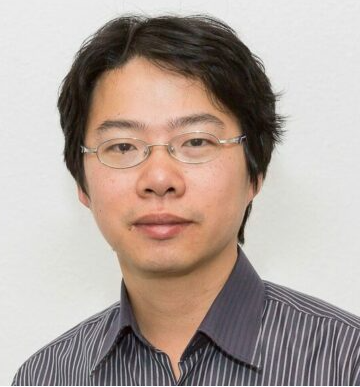 Jian-Jia Chen
Jian-Jia Chen
Data Flow from Cause to Effect in Distributed Systems: Data Age and ReactionProfessor at Department of Informatics in TU Dortmund University in Germany
CISTER, Porto, Portugal
ABSTRACT:
Cyber-physical real-time systems are information processing systems that require both functional as well as timing correctness and have interactions with the physical world. In many applications of cyber-physical systems, a sequence of tasks is necessary to perform a certain functionality. For example, from a sensor to an actuator, the first task reads the sensor value (cause), the second task processes the data, and the third task produces an output for the actuator (an effect is triggered). The data dependency between such tasks can be described by the data flow of a cause-effect chain. This talk provides the historical perspectives and the state-of-the-art analyses to safely bound the *end-to-end* timing properties of such cause-effect chains regarding the reaction time (how fast can a reaction be in the worst case) and the data age (how old is the data source of an actuation in the worst case). We will cover also examples on how to apply results from classical real-time systems to deal with a new class of timing properties in distributed systems where *data freshness* plays an important role. We will also extend the results to deal with data flows in Robot Operating Systems (ROS) 2.
BIO:
Jian-Jia Chen is Professor at Department of Informatics in TU Dortmund University in Germany. He was Juniorprofessor at Department of Informatics in Karlsruhe Institute of Technology (KIT) in Germany from May 2010 to March 2014. He received his Ph.D. degree from Department of Computer Science and Information Engineering, National Taiwan University, Taiwan in 2006. He received his B.S. degree from the Department of Chemistry at National Taiwan University 2001. Between Jan. 2008 and April 2010, he was a postdoc researcher at ETH Zurich, Switzerland. His research interests include real-time systems, embedded systems, energy-efficient scheduling, power-aware designs, temperature-aware scheduling, and distributed computing. He received the European Research Council (ERC) Consolidator Award in 2019. He has received more than 10 Best Paper Awards and Outstanding Paper Awards and has involved in Technical Committees in many international conferences.
Event photos can be found HERE.








